ICAMDS 2019第四届应用数学与数据科学国际会议(西安)
时间:2019-05-29 08:00 至 2019-05-31 18:00
地点:西安

- 参会报名
- 会议介绍
- 会议日程
- 会议嘉宾
- 参会指南
-
手机下单

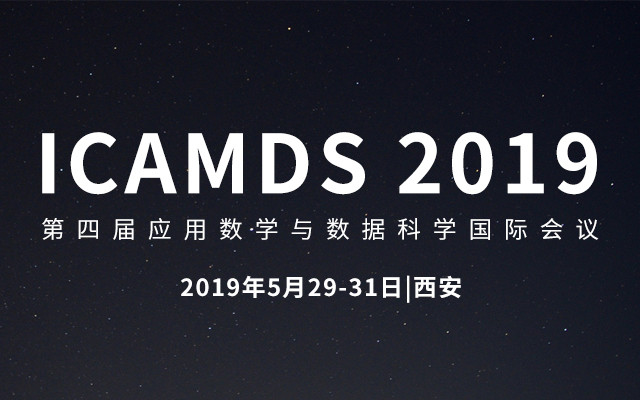
|

ICAMDS 2019第四届应用数学与数据科学国际会议(西安) 已截止报名会议时间: 2019-05-29 08:00至 2019-05-31 18:00结束 主办单位: 上海来溪会务服务有限公司
|
 会议介绍
会议介绍
会议内容 主办方介绍

ICAMDS 2019第四届应用数学与数据科学国际会议(西安)宣传图
2019第四届应用数学与数据科学国际会议(ICAMDS 2019)为广大从事应用数学与数据科学等相关领域的研究学者、专家提供交流平台。会议组委会诚邀全球相关领域的学者、专家参加此次国际会议,就应用数学与数据科学相关热点问题进行探讨、交流,共同促进全球应用数学与数据科学的发展。
2019第四届应用数学与数据科学国际会议将于2019年5月29-31日在中国西安召开。西安,古称长安,陕西省省会。西安是举世闻名的世界四大文明古都之一,居中国古都之首,是中国历史上建都时间最长、建都朝代最多、影响力最大的都城。作为华夏文明的发源地,西安的历史悠久,文化的积淀非常厚重,它是著名的丝绸之路的起点。西汉时期,汉武帝派遣张骞出使西域,正式开辟了以长安为起点,联结欧亚大陆的通道“丝绸之路”。“西安文物甲天下”,深厚的历史文化积淀和浩瀚的文物古迹遗存使西安享有“天然历史博物馆”的美称。有诸如秦始皇兵马俑、大雁塔、西安古城墙、华清池等著名旅游景点。
查看更多
 上海来溪会务服务有限公司
上海来溪会务服务有限公司
上海来溪会务服务公司,是一家专业的会务服务公司。以举办国际学术会议为主要业务,涉及会议推广、会议合作、会议组织等。旗下huiyi123.net平台致力于国际学术会议服务,旨在为国内外科研机构、科研团队提供学术会议交流,学术论文出版,酒店预订等会务服务。
 会议日程
(最终日程以会议现场为准)
会议日程
(最终日程以会议现场为准)
| 5月29日 | 11:00-17:00 | 报到 |
| 5月30日 | 09:00-12:00 | 特邀嘉宾演讲 |
| 12:00-14:00 | 午餐 | |
| 14:00-17:30 | 口头报告 | |
| 18:30-20:00 | 晚宴 | |
| 5月31日 | 08:00-17:00 | 西安一日游 |
查看更多
 会议嘉宾
(最终出席嘉宾以会议现场为准)
会议嘉宾
(最终出席嘉宾以会议现场为准)
ICAMDS2019演讲嘉宾信息如下:
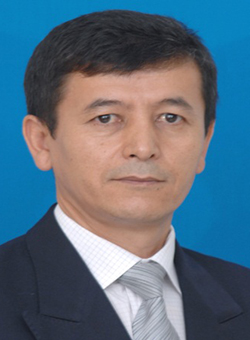
Dr. Zainidin Eshkuvatov, Associate Professor
Faculty of Science and Technology, Universiti Sains Islam Malaysia, Malaysia
Biography: Dr. Zainidin K. Eshkuvatov was born in 18 February 1966, Samarkand, Uzbekistan. He received his B.SC. degree and MSc degree in Mathematics from Tashkent State University in 1988, Tashkent, Uzbekistan. His Ph.D. degree in Mathematics and Physics on computational mathematics field, from National University of Uzbekistan. He has 27 years (11 years at the University of World Economy and Diplomacy (UWED), Tashkent Uzbekistan, 11 years in University Putra Malaysia (UPM), Malaysia and 5 years in University Sains Islam Malaysia (USIM)) experience in teaching of variaty of Mathematics subjects. Currently, He is the Associate Professor of Faculty of Science and Technology, Universiti Sains Islam Malaysia (USIM), Negeri Sembilan, Malaysia. His research interests are approximation of onedimentional and multy dimentional regular and singular integrals, singular and hypersingular integral equations and integro-differential equations of linear and nonlinear types as well as fractional integro-differential equations.
Topic: Four Types of Solution of Hypersingular Integral Equations of the First Kind
Abstract: In this note, we consider a hypersingular integral equations (HSIEs) of the first kind on the interval [-1, 1] with the assumption that kernel of the hypersingular integral is constant on the diagonal of the domain D = [1, -1] × [-1, 1]. Projection method together with Chebyshev polynomials of the first, second, third and forth kinds are used to find bounded, unbounded and semi-bounded solutions of HSIEs respectively. Exact calculations of hypersingular and singular integrals for Chebyshev polynomials allow us to obtain high accurate approximate solution. Gauss-Chebyshev quadrature with Gauss-Lobotto nodes are presented as the high accurate computation of regular kernel integrals. Existence of inverse of hypersingular integral operator leads to the convergence of the proposed method in the case of bounded and unbounded solution. Norm convergence are obtained in Hilbert space. Many examples are provided to verify the validity and accuracy of the proposed method. Comparisons with other methods are also given. Numerical examples reveal that approximate solutions are exact if solution of HSIEs is of the polynomial forms with corresponding weights. It is worth to note that proposed method works well for large value of node points and errors are drastically decreases. SPU times are also shown to present effectiveness of the method and less complexity computations.
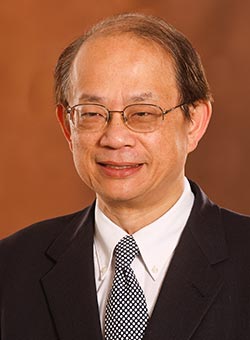
Dr. En-Bing Lin , Professor
Department of Mathematics, Central Michigan University, USA
Biography: Dr. En-Bing Lin is Professor of Mathematics at Central Michigan University, USA. He is a former mathematics department chair at the University of Toledo and Central Michigan University. He has taught and visited at several institutions including Massachusetts Institute of Technology, University of Wisconsin-Milwaukee, University of California, Riverside, University of Toledo, UCLA, and University of Illinois at Chicago. He received his Ph. D. in Mathematics from Johns Hopkins University. His research interests include Data Analysis, Image Processing, Applied and Computational Mathematics, Wavelet Analysis and Applications, and Mathematical Physics. He has supervised a number of graduate and undergraduate students. Dr. Lin serves on the editorial boards of several mathematics and computational journals. He has served on several academic committees of regional and national associations. He has organized several special sessions at regional IEEE conference and American Mathematical Society national and regional meetings. He received Central Michigan University Distinguished Service Award and many research, travel and education grants.
Topic: Incomplete Information Systems and Big Data Analytics
Abstract: We provide an overview of Big Data Analysis and current trends of data analytics to process information systems. Rough Set Theory (RST), which was introduced by Pawlak in 1982 to deal with data analysis based on approximation methods in information systems. RST is a novel approach to cope with imperfect data analysis as well. From the viewpoint of RST, it is usually to represent a data set of an information system as a table. We discuss the decision tables that some attribute values are lost or incomplete. We show how we pass from classical rough set theory to variable precision generalized rough set theory. RST has many applications in many different areas, such as engineering, environment, banking, medicine, bioinformatics, pattern recognition, data mining, machine learning and others. RST is intrinsically a study of equivalence relations on the universe (a set of objects). In fact, rough sets can be used to represent ambiguity, vagueness and general uncertainty. Given some relations between objects in the set, we can construct lower and upper approximations of the objects. We can also use some advanced computing technologies to determine lower and upper approximations and find several properties of the characteristics of objects within RST, as well as to extend RST to generalized RST. We point out the connection with fuzzy sets, fuzzy binary relations and multiple universal sets. We will also mention some examples and applications.
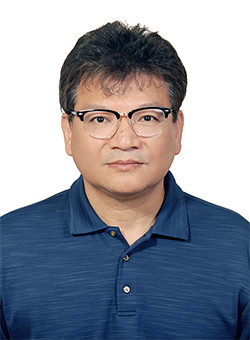
Dr. Feng-Jen Yang, Associate Professor
Computer Science Department, Florida Polytechnic University, USA
Biography: Dr. Feng-Jen Yang received the B.E. degree in Information Engineering from Feng Chia University, Taichung, Taiwan, in 1989, the M.S. degree in Computer Science from California State University, Chico, California, in 1995, and the Ph.D. degree in Computer Science from Illinois Institute of Technology, Chicago, Illinois, in 2001, respectively. Currently, he is teaching and conducting researches at the Florida Polytechnic University. Besides the currently academic career, he also has highly regarded prior research experiences. He once was a research assistant at the Chung Shan Institute of Science and Technology (CSIST), Taoyuan, Taiwan, from 1989 to 1993, as well as an engineer at the Industrial Technology Research Institute (ITRI), Hsinchu, Taiwan, from 1995 to 1996. His research areas include Artificial Intelligence, Machine Learning, Database Management Systems, Data Communications, and Software Engineering. He had also been awarded with research grants from ACM SIGCSE and Seed Grants from Florida Polytechnic University.
Topic: The Implementation of Probabilistic Inferencing and Classification in Python Programming Language
Abstract: Our daily life is full of uncertainty, it is almost inevitable that we have to strive for performing informed behaviors despite the uncertain environment that we are living in. As a result, many intelligent systems are counting on probabilistic inference to support for decisions, hypotheses, forecasts and diagnoses. In this talk, we will go through the mathematic rationale as well as the design and implementation of a probabilistic inference engine. This inference engine is well modeled and implemented by using object-oriented approach. It can be easily plugged into future systems to speed up the development life cycle.
查看更多
 参会指南
参会指南
会议门票
| 参会费用(只参会不投稿人员) | |||
| 票务类别 | 包含内容 | 缴费时间距开会时 间≥20天 | 缴费时间距开会时 间≤20天 |
| C票 | 参会+会议资料+礼品+旅游 | 1600元 | 1800元 |
| D票 | 参会+会议资料+礼品+旅游 | 2000元 | 2200元 |
参会费用所含内容说明:
参会:听取会议主会场报告及分会场报告;
午餐和欢迎晚宴:会议期间的午餐及欢迎晚宴(仅D票;C票需参会者自理餐费;如需现场购买,标准为: 午餐200元,晚宴200元);
会议资料:胸牌,程序手册,纸质期刊两本(作者文章所发表的一期的纸质版,国内邮寄免费,国外邮寄需加收邮费)等;
礼品:会议精美纪念礼品一份;
旅游:西安一日游,缴费的参会者在会后可享受免费旅游(如不参加旅游,无退费)。
其他说明:
团体购票6张及以上可享9折优惠;
团体购票10张及以上可享8折优惠。
查看更多
温馨提示
酒店与住宿:
为防止极端情况下活动延期或取消,建议“异地客户”与活动家客服确认参会信息后,再安排出行与住宿。
退款规则:
活动各项资源需提前采购,购票后不支持退款,可以换人参加。
 您可能还会关注
您可能还会关注
-
GOPS 全球运维大会 2025 · 深圳站 暨研运数智化技术峰会
2025-04-25 深圳
-
2025PM产品力领航者大会
2025-04-25 上海
-
AiCon深圳2025|全球人工智能开发与应用大会
2025-08-22 深圳
-
AI×一体化平台 央国企数字化转型的智能引擎
2025-04-16 线上活动







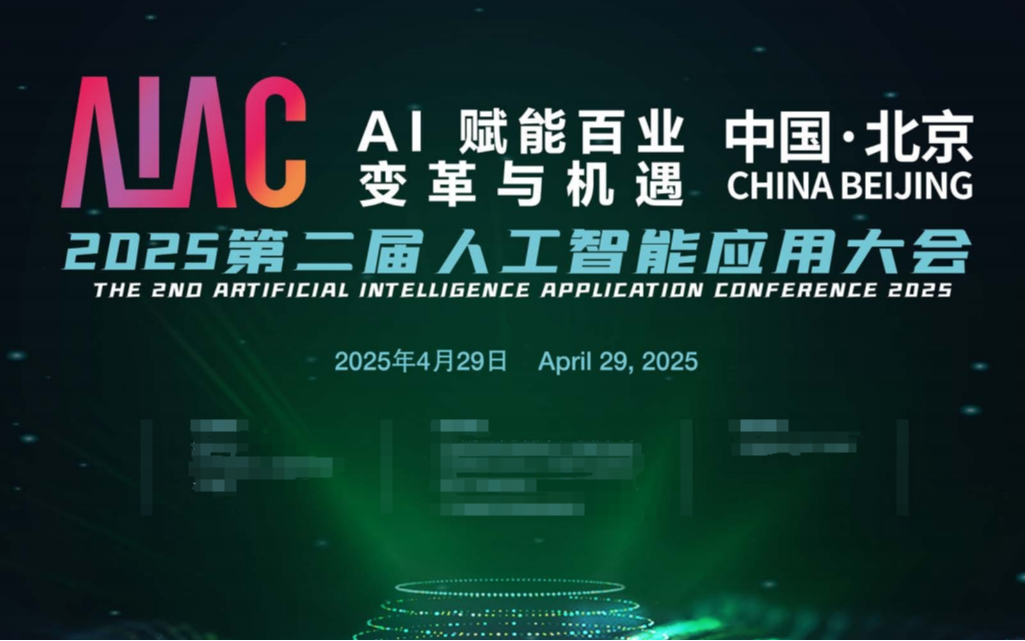
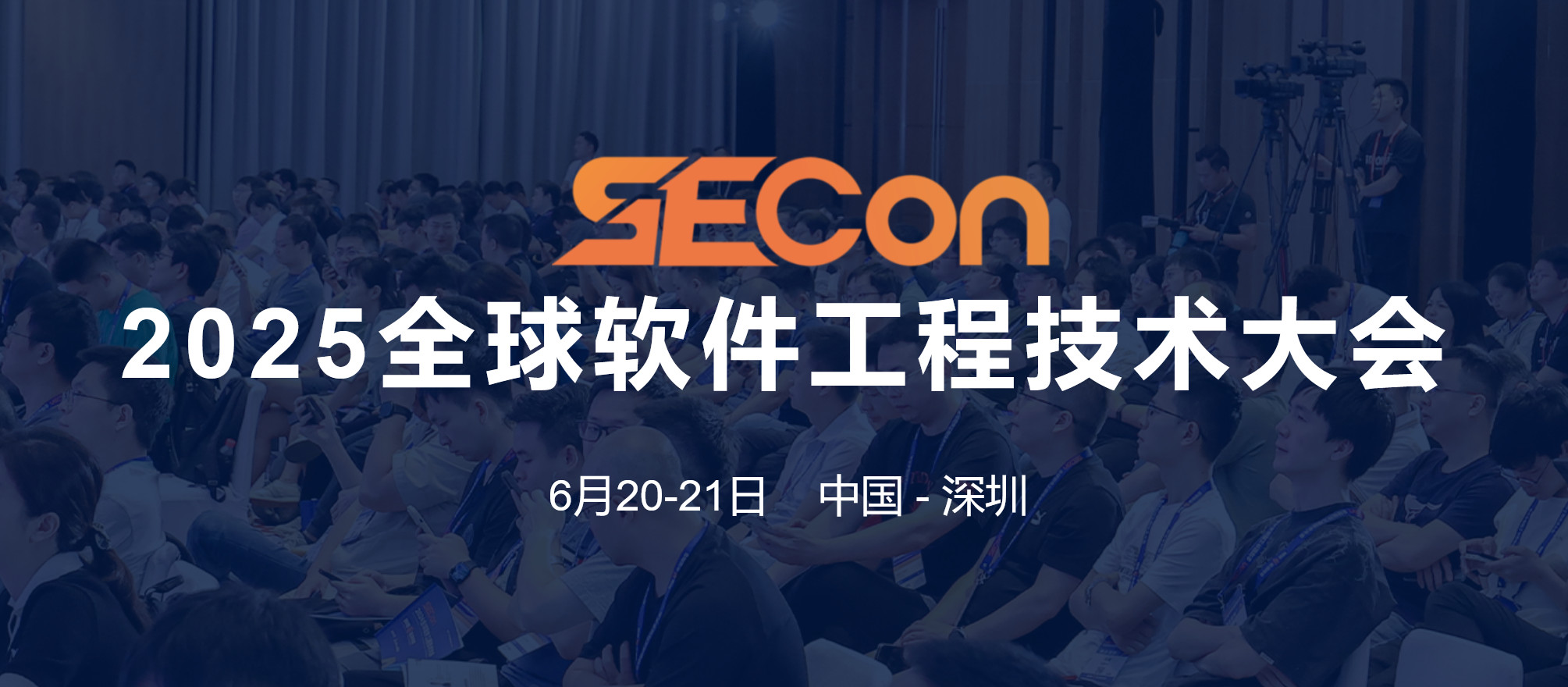





 赞助
赞助